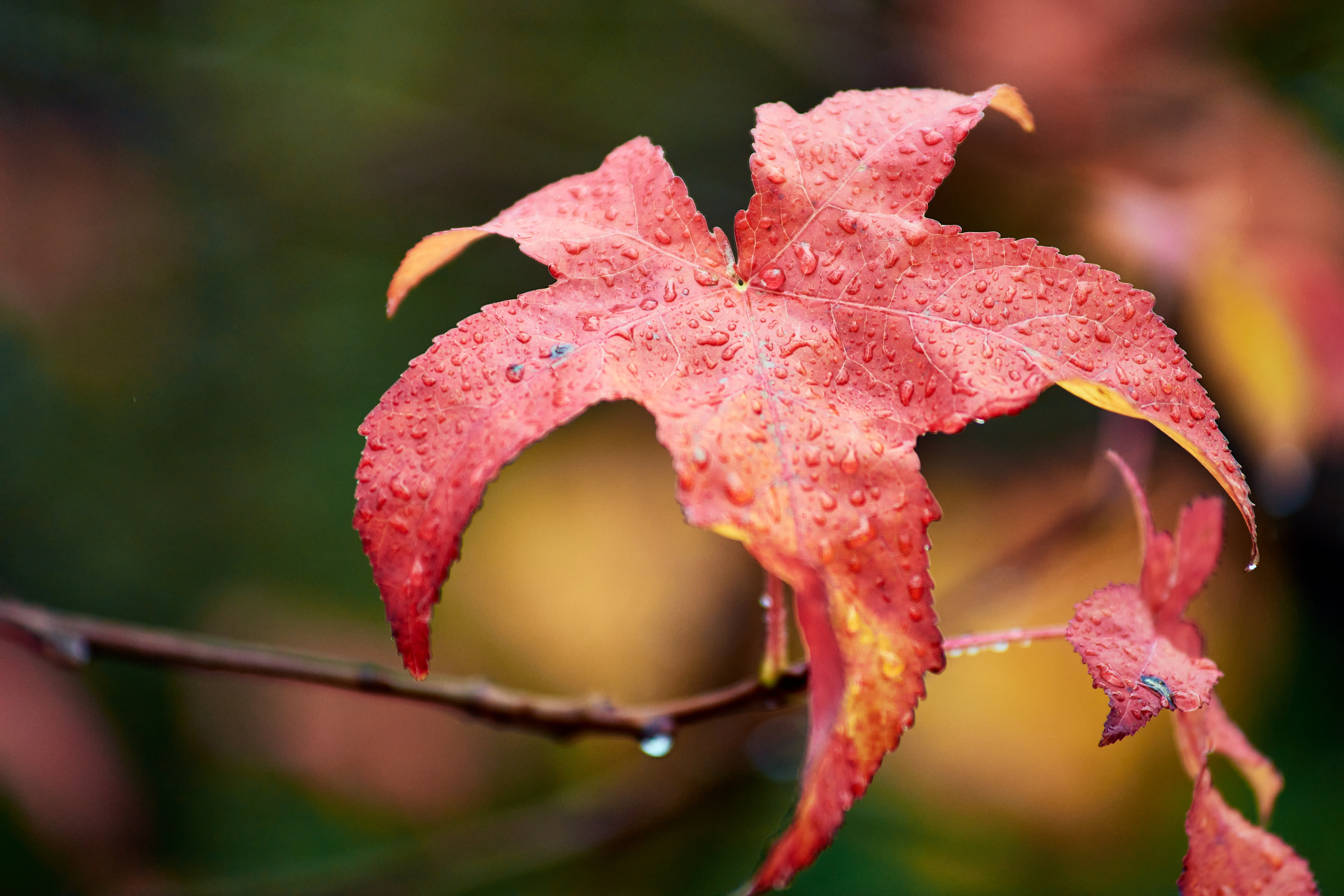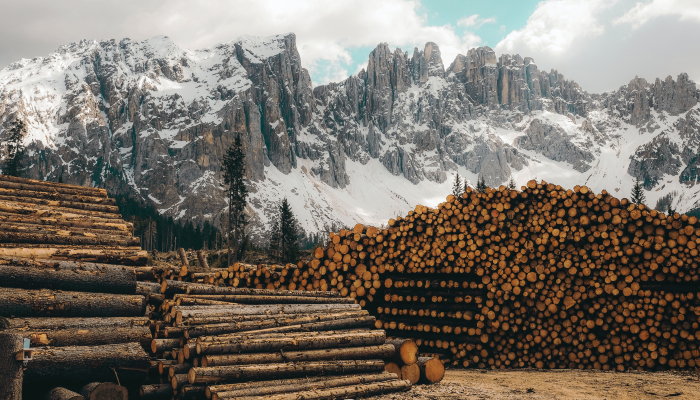Search Results
Search results
59 results for Topics and Regional Resources
New Zealand has many great scientists that work in a lot of different areas of science. Their research and discoveries have a big impact on our world. In thi...
Entry last updated: 10/07/25Senior Secondary (Years 11 - 13)
The Renaissance followed the Middle Ages in Europe. It lasted from the mid-14th century to the mid-17th century (1350-1650 AD), and was a time of great scien...
Entry last updated: 29/11/24The Arctic is at the top of Earth around the North Pole. The area is made from an ocean, different countries and floating ice that does not melt.
Entry last updated: 15/09/25Junior Secondary (Years 7 - 10)
Climate change is a change in worldwide climate patterns, like the weather. It is a very important topic in current events because the world is seeing a very...
Entry last updated: 10/07/25Dinosaurs are extinct reptiles that lived on Earth during the Mesozoic era that occurred between 251–65 million years ago. Dinosaurs came in all shapes and s...
Entry last updated: 10/07/25Years are split into seasons. In many places, such as New Zealand, there are four seasons. They are spring, summer, autumn (or fall), and winter. In tropical...
Entry last updated: 11/07/25Maramataka is the calendar of the Māori year. The year starts in Piripi (June/July) when the stars of Matariki can first be seen in the sky. Maramataka was t...
Entry last updated: 30/10/25Junior Secondary (Years 7 - 10)
Over time explorers have travelled widely to visit undiscovered parts of the world. There have been many periods of exploration from the Ancient Greeks and R...
Entry last updated: 10/07/25A year is split into seasons. In places, such as New Zealand, there are four seasons. They are spring, summer, autumn (or fall), and winter. In tropical area...
Entry last updated: 10/07/25Junior Secondary (Years 7 - 10)
Forests are a vital part of life on earth, and many animals and people rely on forests to survive. Deforestation is when forests are cleared or thinned out, ...
Entry last updated: 25/07/25


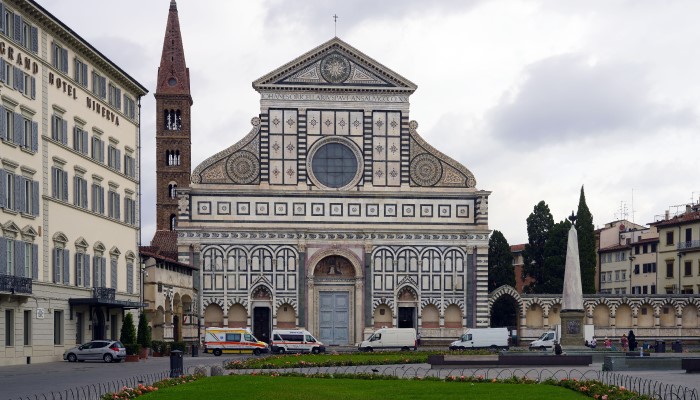
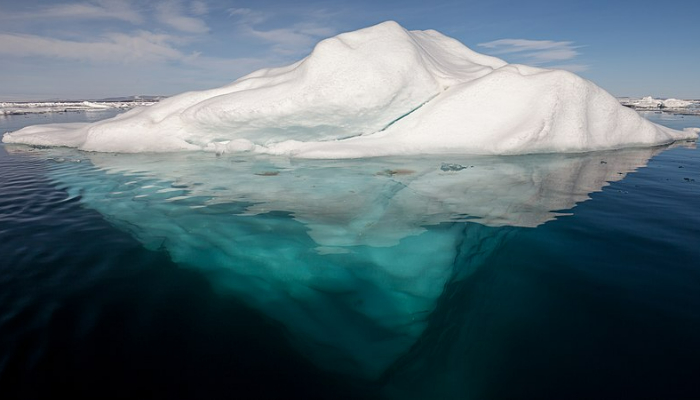
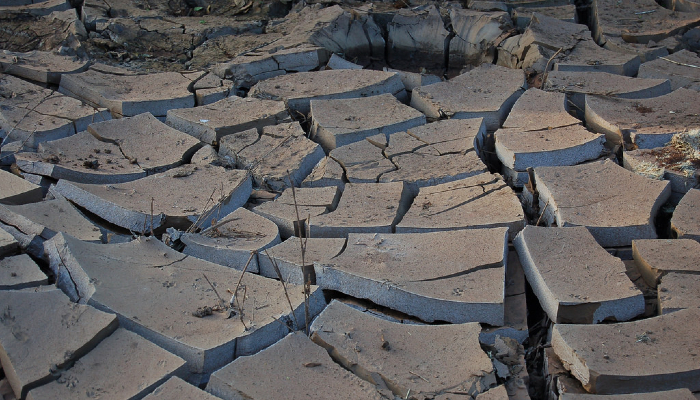
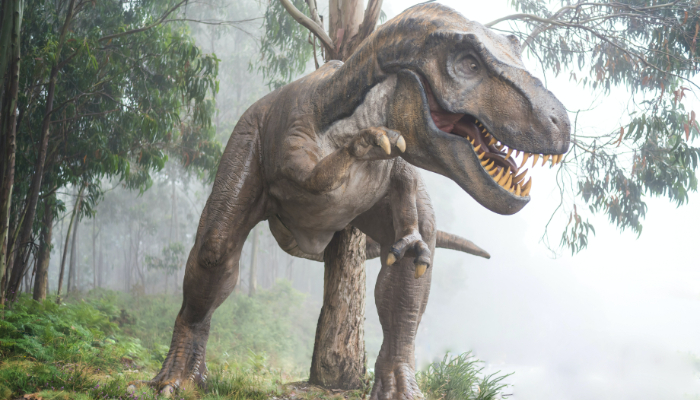
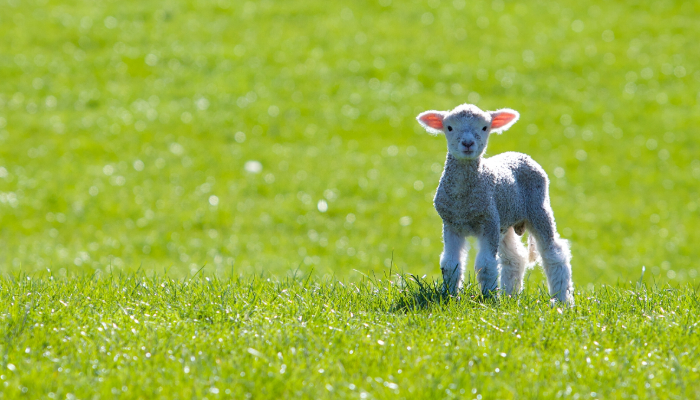
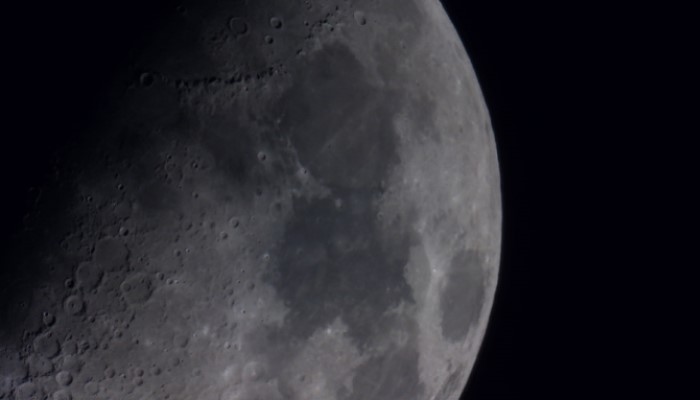
![Image: [Lac Blanc, Chamonix, France (https://unsplash.com/@shotz?photo=SpNbLsJuuYQ)] by Nicolas Cool on Unsplash.](https://images.ctfassets.net/q60gmaba8x5v/5hz6yYdrh7wGnd09rp2RJy/eb309c72ccf05f82469c8ec2e84ac5e6/Exploration__1_.jpg)
